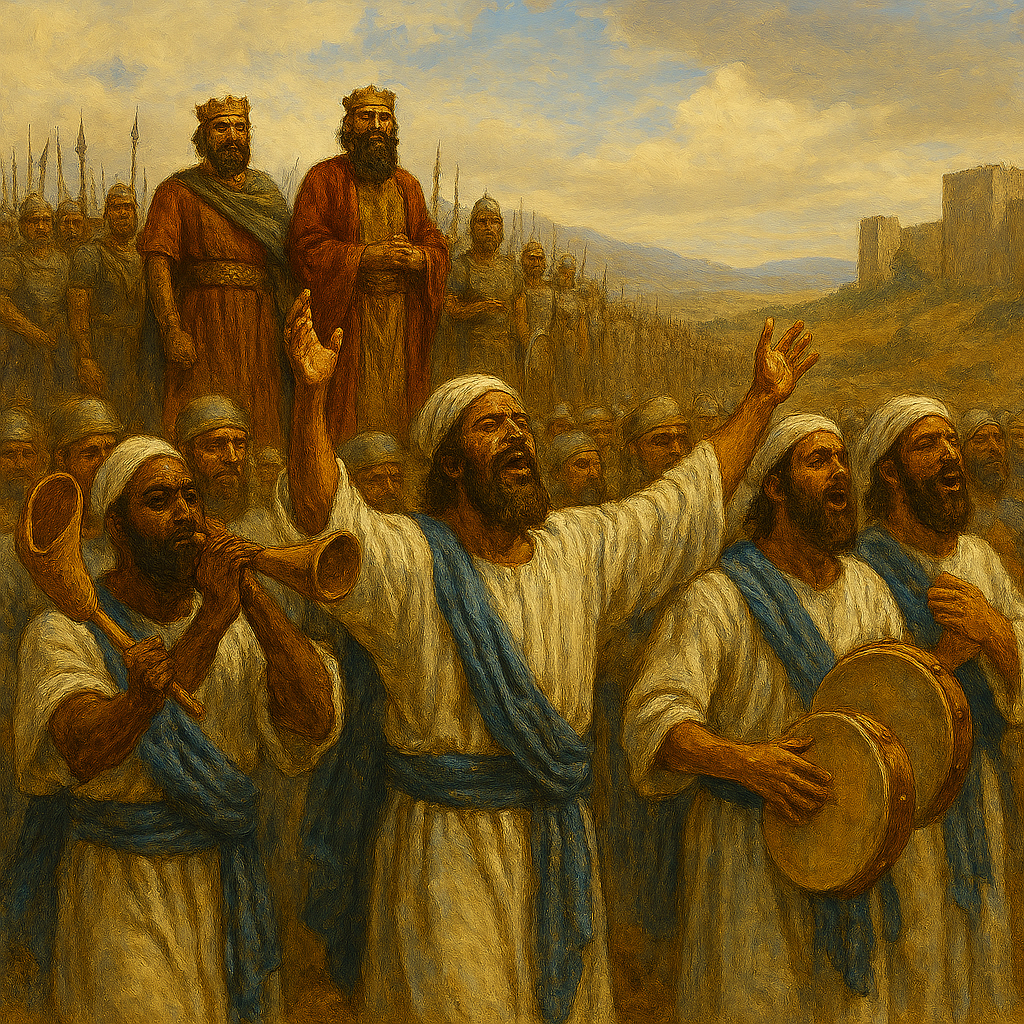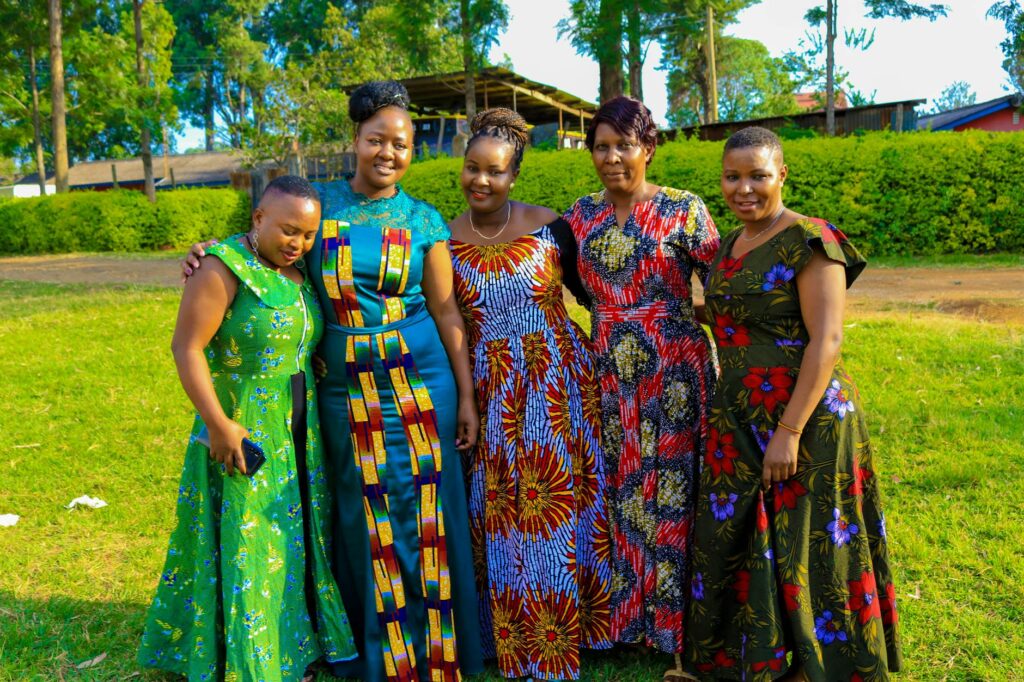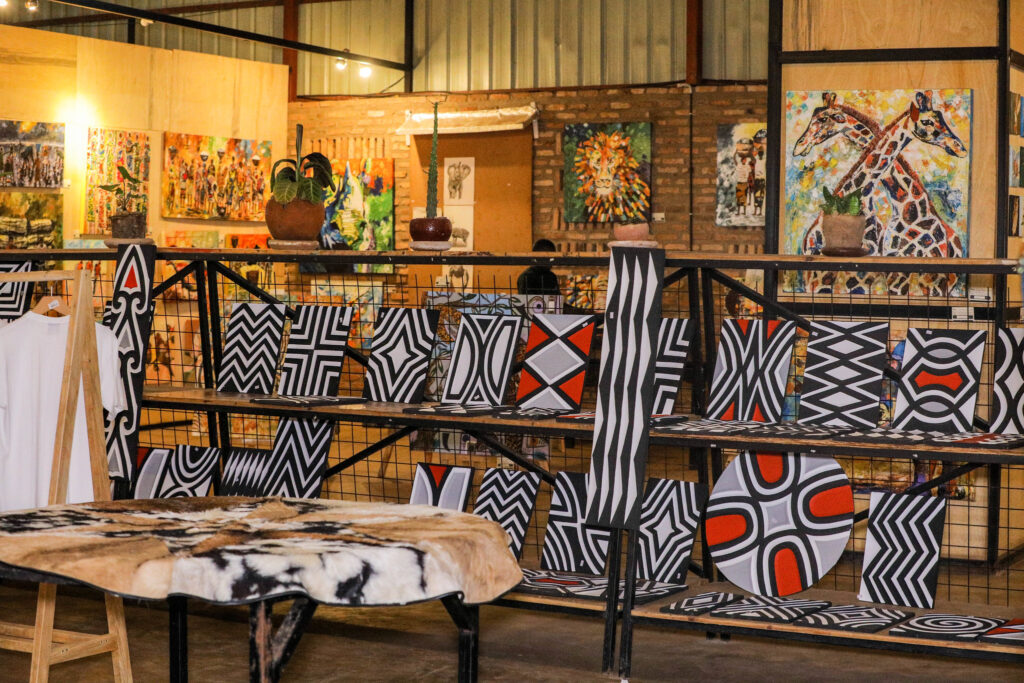Timothy: The Making of A Young Man of Destiny

Part 1 of the “Timothy Series” – Faith, Mentorship, and the Making of a Youth Leader Raised by Women. Shaped by Fire. Called by God. Tim turned eighteen yesterday. But as dawn crept through his curtains in thin, trembling lines, he already felt the weight of adulthood pressing on his chest. He lay awake, restless, […]
The Battle Is the Lord’s — But You Still Have to Show Up

Many of us want God to fight our battles, but we don’t want to take the first step. We crave divine intervention without personal participation. Yet Scripture keeps whispering (and sometimes shouting) a different truth: God fights for us, but He rarely fights without us. 1. Setting the Scene: A Battle Bigger Than the Kings […]
The African Wrapper: Names, Meanings, and Cultural Significance Across the Continent

African print fabric and a dead man I was in that hospital room when my comatose father morphed. I had brought his change of clothes in preparation for the trip to relocate him to the village, but the guy took a unilateral vote against that trip. When the hospital requested salt and wrapper, I went […]
Benin Kingdom Ivory Tusk: Sacred Symbolism and Colonial Legacy at Portsmouth Museum.

At the Portsmouth Historic Dockyard, visitors are presented with a myriad of historical treasures to explore. Among the 9 captivating history troves available, the Royal Navy museum holds a remarkable artifact from ancient times – an Ivory tusk obtained from the #BeninKingdom of Nigeria. The Ivory tusk showing cultural carvings on it Origins and Early […]
Empire Windrush: Caribbean Roots and the Legacy of the Windrush Generation

What is the Windrush generation, you are tempted to ask? Well, do you recall this statue at the #londonwaterloo station? Ever paused to read what it is about? Relax, let me help you out today with a bit of black history. Origins of the Empire Windrush Stay with me, let’s pause in front of this […]
Black History Month – Day 29 – Rwanda

15 hours ago, we flew out of Haiti, and here we are, taxing down at the Kigali International Airport in Rwanda.
You Can Never Walk Alone

Dear Diary, My neighbour died today. Alright, not this one downstairs who gave me the bike. A neighbour across the street. Yes, that first house in the street, the white one. No, not all the houses in this street are white. I do not know yet if it is the him or her. The funeral […]
Finding Community Abroad

What does community mean to you? Where can you find people who vibe with you, especially in a foreign land? Read this post I shared about an experience. I am sharing with you, a free link to this story on Medium. https://medium.com/spoon-sizzle/how-a-carer-brought-a-slice-of-home-to-me-9539854274ea?sk=7b6f4319785f54e681b987ee9fc0ee25
Lessons from a Losing Ticket at Royal Ascot

The Dialogue: “If you had won, you would have been writing a How-I-Won post. But now, you are just going to pretend it didn’t happen? “What is there to say? That I foolishly lost money after going against my beliefs?” “If you had won, would you have kept quiet? “Yeah. But I lost. So what […]
Pride Month of June and Its Significance To Me

The rainbow holds a deep meaning—from God’s covenant in Genesis to its presence in Pride Month. Come with me as we…..
